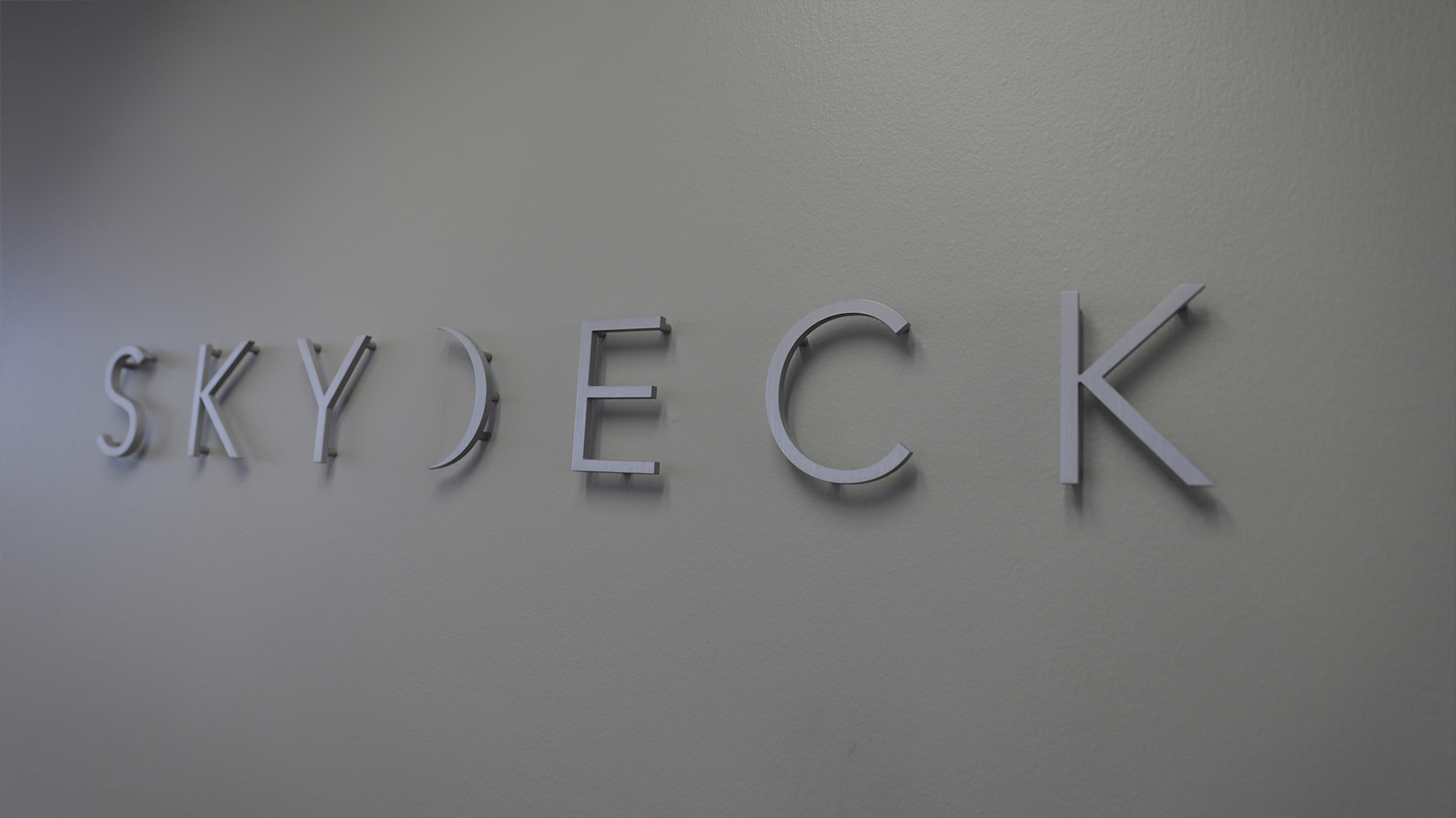UKTN’s coverage of the Future Worlds accelerator 2023 cohort’s trip to San Francisco continues with day two.
On Tuesday, the Future Worlds group visited the office of Skydeck, a fellow startup accelerator and part of the University of California, Berkeley. From the lobby alone, the organisation’s prestige shone through. On the wall, a plaque hung displaying a lengthy list of Nobel laureates connected to the institution, who walked the same floors as the founders from the University of Southampton’s accelerator.
The Skydeck accelerator lives and breathes disruptive business, having led to the development of Memora Health, Hayden AI, and Xcell Biosciences. Even the office’s furniture was provided by a startup producing ergonomic chairs.
From labs to commercialisation
Berkeley Skydeck, like Future Worlds, is an organisation focusing on the marriage of industry and research, providing the support and resources available to the prestigious university to up-and-coming startups.
The group was introduced to Skydeck advisor Darek DeFreece, who explained how the data and research generated by the world-class labs of UC Berkeley have been instrumental in supporting hundreds of startups that have gone through the programme.
For DeFreece, a common problem in the startup world is a lack of collaboration within the industry, something that he felt could be resolved by embracing the community of talented engineers, entrepreneurs and scientists that can be found at educational institutions like UC Berkeley and the University of Southampton.
As DeFreece put it, tech founders would be “well poised to dip into academia”.
‘Opportunity is in the air’
The tour of Berkeley was particularly useful for Sylwia Barker, Future Worlds 2023 cohort member and co-founder of MicroVita. As part of a data-driven biotech company developing a system to test the toxicity of new drugs, Barker felt the research done in the biology labs of the university presented a real opportunity for her work.
“I think there are great opportunities for collaboration and further development of our technology, while having the support of the enterprise team,” Barker said. “It feels like opportunity is in the air.”
Fellow cohort member Professor Sebastian Stein, co-founder of Evtonomy – a startup using AI to improve the efficiency of electric vehicle charging – was impressed at the calibre of local expertise.
“Compared to what we have at home, it’s just great to have all the connections here in around Berkeley, San Francisco, Silicon Valley to have all these companies in the same spot and experts in the area as well.
“There are world leaders in my field and artificial intelligence work here. And then you have all the companies that are using that tech and transitioning it to real-world practice, right on their doorstep.”
The Future Worlds accelerator, part of the University of Southampton, arranged for a UKTN reporter to follow its 2023 cohort on its trip through Silicon Valley.
The trip included founders from Amara Automotive, Asterium, evtonomy, Journally, LZero and MicroVita.
The post Future Worlds 23: Startup education to monetisation at UC Berkeley appeared first on UKTN | UK Tech News.



